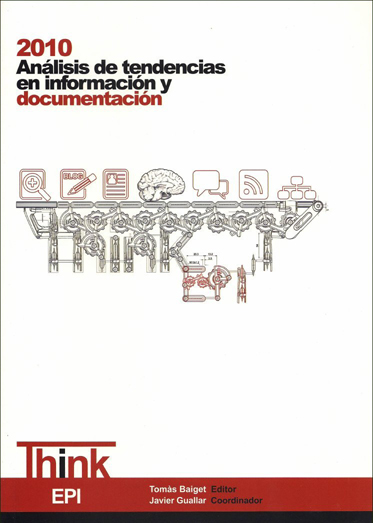Redesigning Google: a basic proposal for the development of a multimodal ubiquitous operating system
Keywords:
Information and interaction folding, Organic interfaces, Ubiquitous operating systems, Multimodality, Multi-devices, Web of things, Search box.Abstract
The evolution of the WWW and the introduction of new portable devices are creating a ubiquitous environment in which users can be permanently connected to the Net. In this environment and with the screen-size limitations of current devices such as mobile phones, smartphones, pdas, notebooks or others, studies and research on methods for folding and unfolding information and interaction in very small spaces are becoming very important. To overcome spatial limitations, the interfaces are designed to be less rigid and static, with various systems of offering ad-hoc options depending on the action desired by the user at any given time. Some significant interfaces in this regard are the Photoshop Toolbar, Office Ribbon, Search Command from Office Labs, or Ubiquity from Mozilla Labs. The extrapolation of these interfaces is proposed for a redesign of the current Google home page, noting the opportunity to use the search box as the starting point and basis for the development of new operating systems that are ubiquitous, multimodal and multi-device.
Downloads
Downloads
Published
How to Cite
Dimensions


